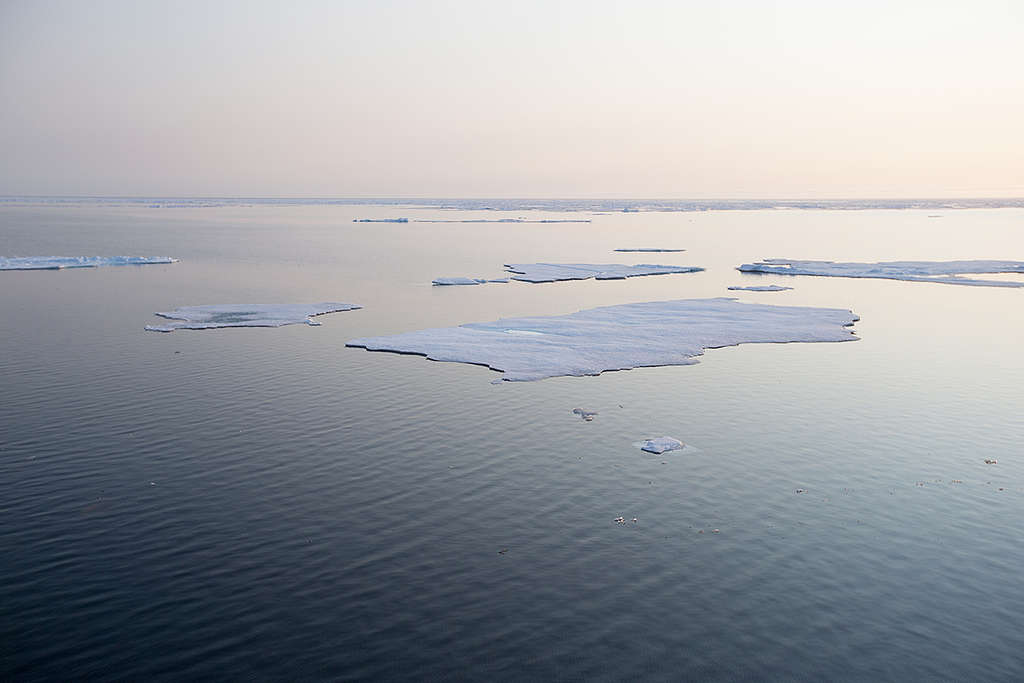
Oslo, 10 November 2022 – Today news broke that Norwegian state-owned oil company Equinor is postponing the Wisting oil field. In reality, this means that the plans for the controversial oil field are being scrapped, giving Greenpeace a reason to celebrate on behalf of the climate and vulnerable nature in the Arctic.
“This victory shows that it is worth fighting for the environment. This means that 200 million tons of CO2 will stay in the ground. It means that vulnerable and valuable nature is left alone and that Norway can focus on a green, just transition,” said Frode Pleym, Head of Greenpeace Norway.
Greenpeace says that the postponement is the last nail in the coffin for Wisting. Equinor was due to submit an application for plans and development of the oil field by the end of the year in order to be eligible for the generous tax benefit introduced to the oil industry during the covid-19 pandemic. Prior to that, the oil field was scrapped due to its low profitability.
“Today Greenpeace Norway is celebrating saving the ice edge and stopping the world’s northernmost oil field – Wisting. However, the fight continues against the climate-wrecking oil projects that Equinor is planning and operating both in Norway and abroad. We have yet to score a win in Canada, Argentina, the UK and many other countries,” said Pleym.
The last thing the world needs in the midst of a climate crisis is new oil fields which will be in production long after 2050. The postponement of Wisting is only the start: The state-owned Equinor and the Norwegian government must send a clear signal that Norway is ceasing all plans for new oil fields and new exploration for good.
Contact:
Oda Grønbekk
Communications Officer at Greenpeace Norway
[email protected] / +47 92 42 12 15
About the Wisting oil field:
- The Norwegian Environment Agency has warned that Equinor’s environmental impact assessment has been rushed by Equinor, in order for the oil field to be eligible to receive a covid tax break. As such, the Agency deems the impact assessment to be inadequate.
- The Wisting field contains 500 million barrels of oil, which amounts to 200 million tonnes of CO2 upon combustion – the same amount as Norway’s total emissions for four years.
- The field’s location in the Arctic is close to the vulnerable ice edge zone, which The Norwegian Polar Institute has nicknamed “Norway’s little rainforest”. Part of the Environment Agency’s harsh criticism of Equinor’s impact assessment had to do with a severely insufficient plan for oil recovery preparedness. The Agency stated that this was especially concerning due to the field’s location.
- The field is also controversial in its local county of Finnmark. Since the oil field must be operated with land-based electricity, several local business owners have expressed concern that it will steal the local power surplus, threaten the establishment of new, green industries, and not even provide new jobs locally.
- The Wisting oil field has been controversial for some time. While not initially considered profitable by Equinor, an investor-friendly oil tax policy launched by the Norwegian government during the covid-19 pandemic means a lower financial risk for the oil company, thus making it profitable for Equinor as a company.
